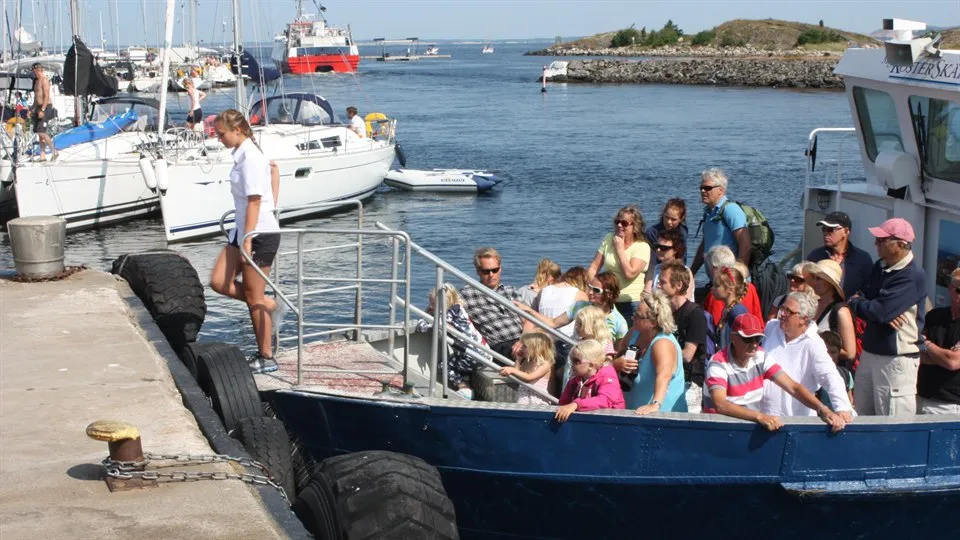Sustainable use of land and water
Sport and outdoor recreation are very important to our quality of life, but without knowledge, sustainable planning and management, we risk damaging the natural environments. We want to increase our knowledge base and develop the work processes in spatial planning and decisions.
Areas with nature are crucial to outdoor recreation in Sweden and for activities in the border area between sport and outdoor recreation – such as orienteering. While stays in nature are important for our well-being, our health and our environmental commitment, they risk having a negative impact on other species and their habitats – effects that could be irreversible.
Lack of knowledge
There is a lack of knowledge about sport and outdoor recreation as an area of interest for overall planning and management of land and water in Sweden. Planning also takes place at different measurement levels – national, regional and local – and it is difficult to establish workable links between these levels.
Different physical conditions in different areas
The land and water requirements for sport and outdoor recreation apply to areas that can be used on a daily basis, such as urban environments, as well as those that are further from the everyday environment that are used for extended stays, for example marine and coastal or mountain environments. It is therefore important to be able to work on planning and management with different visitor groups and in different geographical areas with different physical conditions.
Analysing the effects of negative impact
We want to increase the knowledge base for sport and outdoor recreation, in spatial planning as well as decisions on the management of land and water. These are issues such as: What are the ecological effects of sport and outdoor recreation? How can spatial planning help reduce the negative impact while increasing participation in stays in nature in all population groups? What impact do new forms of use have on soil and water?
Increase in-depth knowledge about sport and outdoor recreation
We want to develop processes and institutional forms, together with actors in spatial planning and management, to introduce and include knowledge about sport and outdoor recreation. We also want to help improve the links between different measurement levels in spatial planning and take into consideration issues of health and justice, and social cohesion.
By developing knowledge about physical and ecological impacts, while increasing knowledge about the possibilities of different planning and management solutions from a holistic perspective, we contribute to improving the conditions for more sustainable development!
